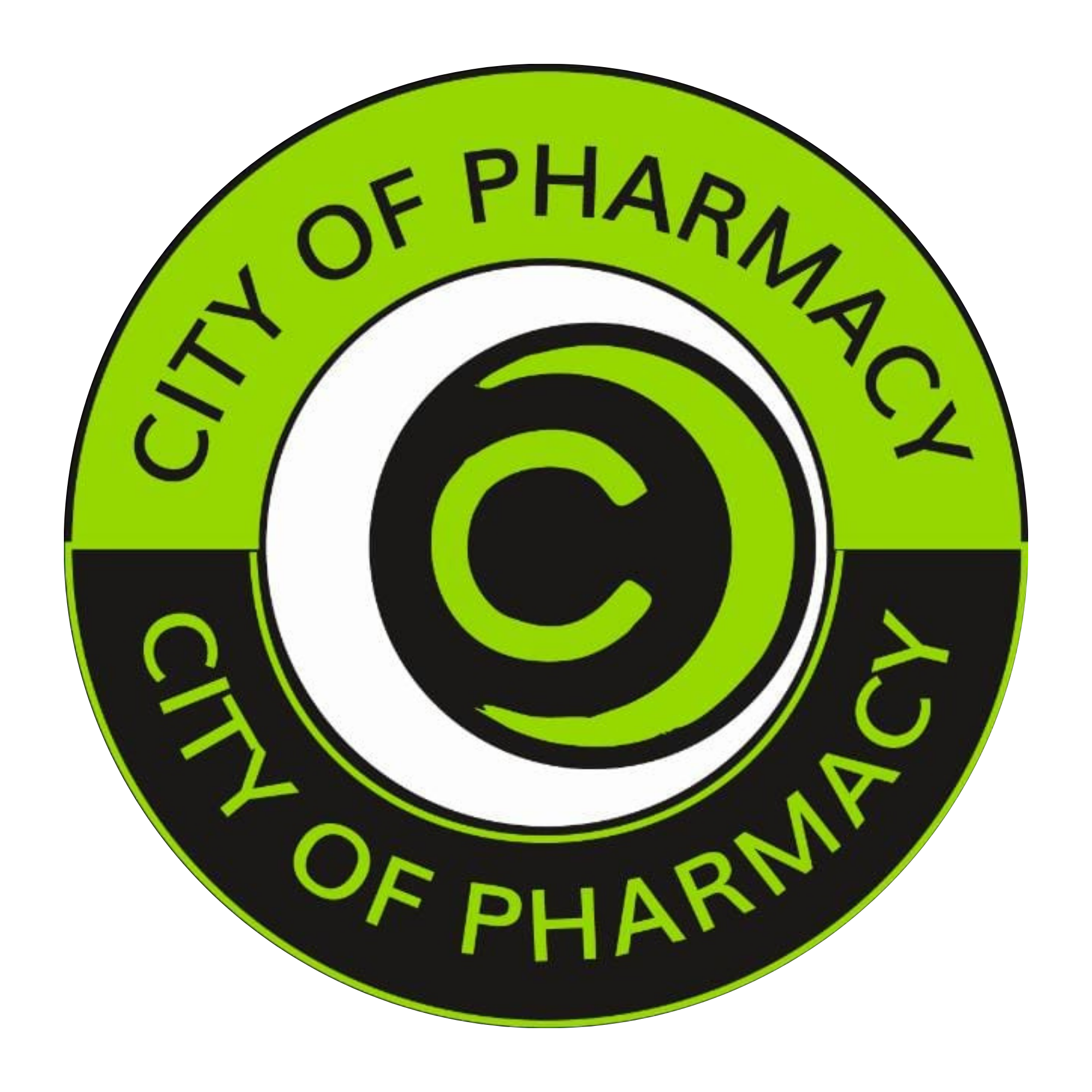Allopathic Tablets vs. Capsules: Which is the Right Choice for Your Drug?
1. Introduction Pharmaceutical companies face an important decision when developing oral solid dosage forms—whether to formulate a tablet or a capsule. Both have unique advantages and are widely used in allopathic medicine for delivering active pharmaceutical ingredients (APIs) effectively. While tablets are more commonly used due to their cost efficiency and durability, capsules offer better bioavailability and ease of swallowing. The choice depends on drug formulation, patient needs, absorption rate, and production costs. This article explores the differences, advantages, and decision-making factors in selecting between tablets and capsules to help pharmaceutical companies make the right choice for their drug formulation.
2. Understanding Tablets and Capsules
- What Are Allopathic Tablets?Tablets are compressed powder formulations containing active ingredients and excipients. They are usually coated to improve stability, taste, and controlled release.
-
Common Types of Tablets :
- Immediate-Release Tablets: Dissolve quickly in the stomach.
- Extended-Release Tablets: Slowly release the drug over time.
- Effervescent Tablets: Dissolve in water before consumption.
- Chewable Tablets: Designed for easier intake, especially for children and elderly patients
- What Are Allopathic Capsules? Capsules are gelatin or plant-based shells containing liquid or powder medication. They are designed for quick absorption and easy swallowing.
-
Common Types of Capsules :
- Immediate-Release Tablets: Dissolve quickly in the stomach.
- Hard Gelatin Capsules : Contain dry powder or granules.
- Soft Gelatin Capsules (Softgels) :Contain liquid or oil-based formulations.
- Delayed-Release Capsules : Designed to dissolve in specific areas of the gastrointestinal tract.
Both tablets and capsules offer effective drug delivery, but their efficacy and suitability depend on several factors.

